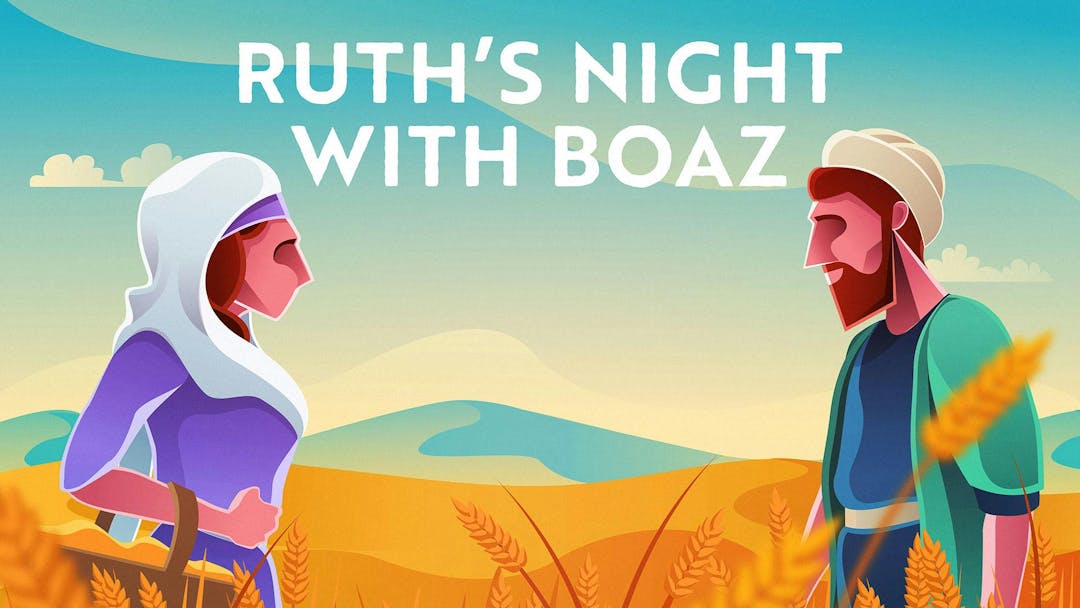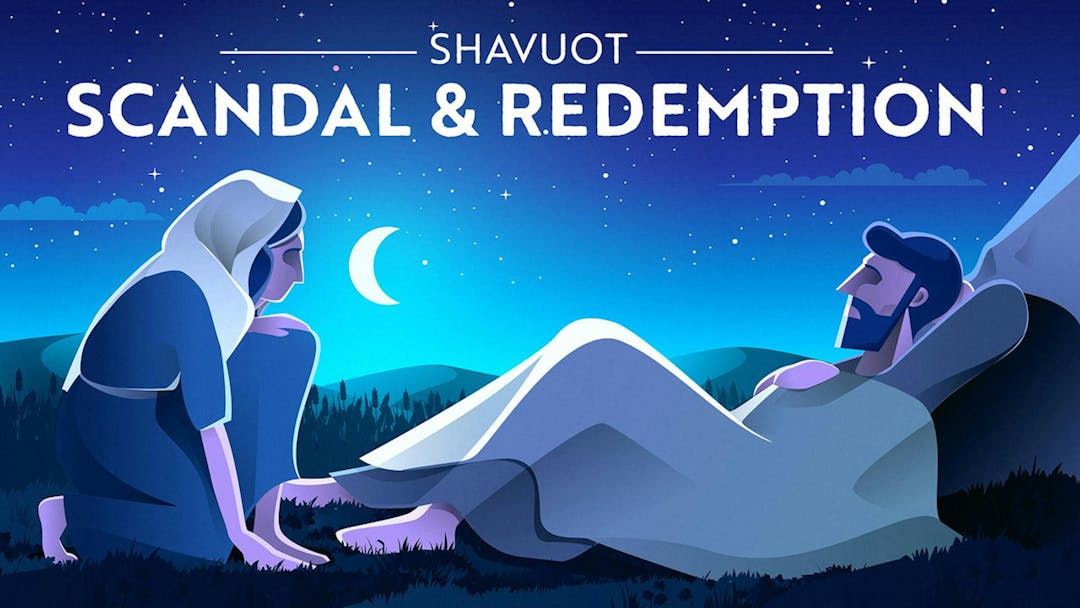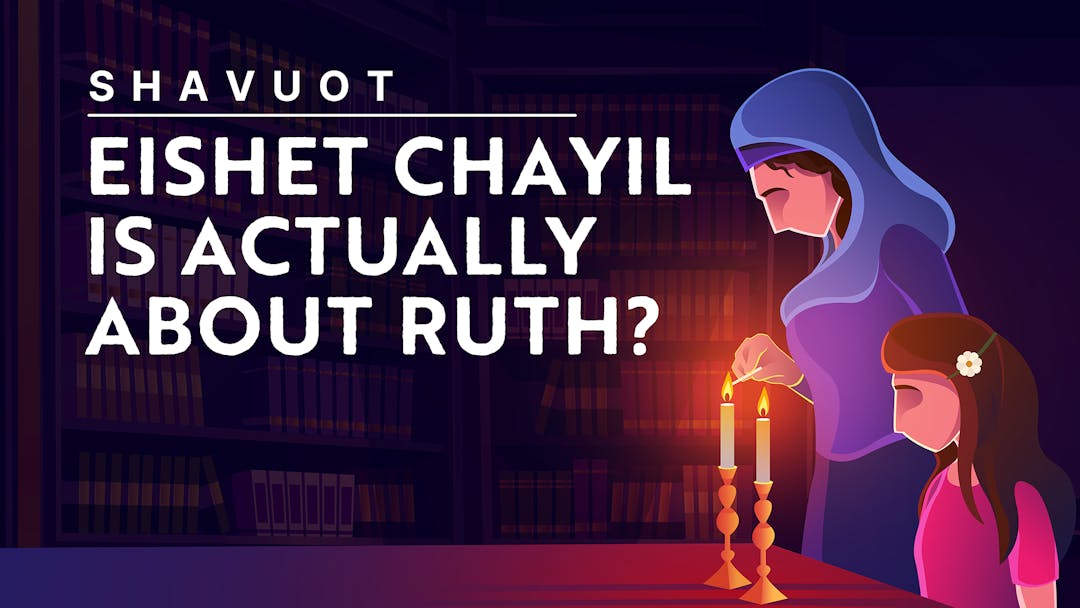Start your free trial today to unlock the full library and enjoy unlimited and uninterrupted access.
Get StartedThe Book of Ruth Explained (Part 1 of 5)
Why Ruth’s Story Captures Shavuot Perfectly
On the surface, the book of Ruth seems like an unusual choice to read on Shavuot. After all, Shavuot is the day the Jewish people recall standing at Mount Sinai and receiving the Torah from God. It’s an awesome occasion, commemorating our spiritual pinnacle as a people! What does a 'day in the life of Beit Lechem' have anything to do with that? Rabbi Fohrman takes a closer look at Megillat Ruth and begins to uncover the ways in which Ruth's story is much deeper than it appears.
Discover other great Shavuot videos at Aleph Beta, including ‘The Hidden Structure of the Ten Commandments’, ‘The Scandalous Backstory of Boaz & Ruth’, and ‘Why Do We Celebrate Shavuot Laws’.
Want to watch the full video for free?
Enter your email and we’ll send you a link to watch the full series free.
What is Aleph Beta?
Aleph Beta is a unique kind of Torah library. Led by our founder, Rabbi David Fohrman, we are dedicated to high-level, textual Torah learning for adults that is intellectually and spiritually sophisticated, that enlivens your Jewish practice and helps you forge a deeper connection to God. Whether you’ve been learning in yeshiva for years or you’re just beginning your Torah journey, you’re sure to find something meaningful and surprising waiting for you here.
Browse our library of over 1,000 beautifully produced animated videos, podcasts, deep dive courses, and printable guides. Topics include the weekly parsha, Jewish holidays & fast days, laws & mitzvot, prayers, relationships, big philosophical ideas and more. Have something to say at the Shabbos table that will amaze your family and guests and bring deep meaning into their lives.











